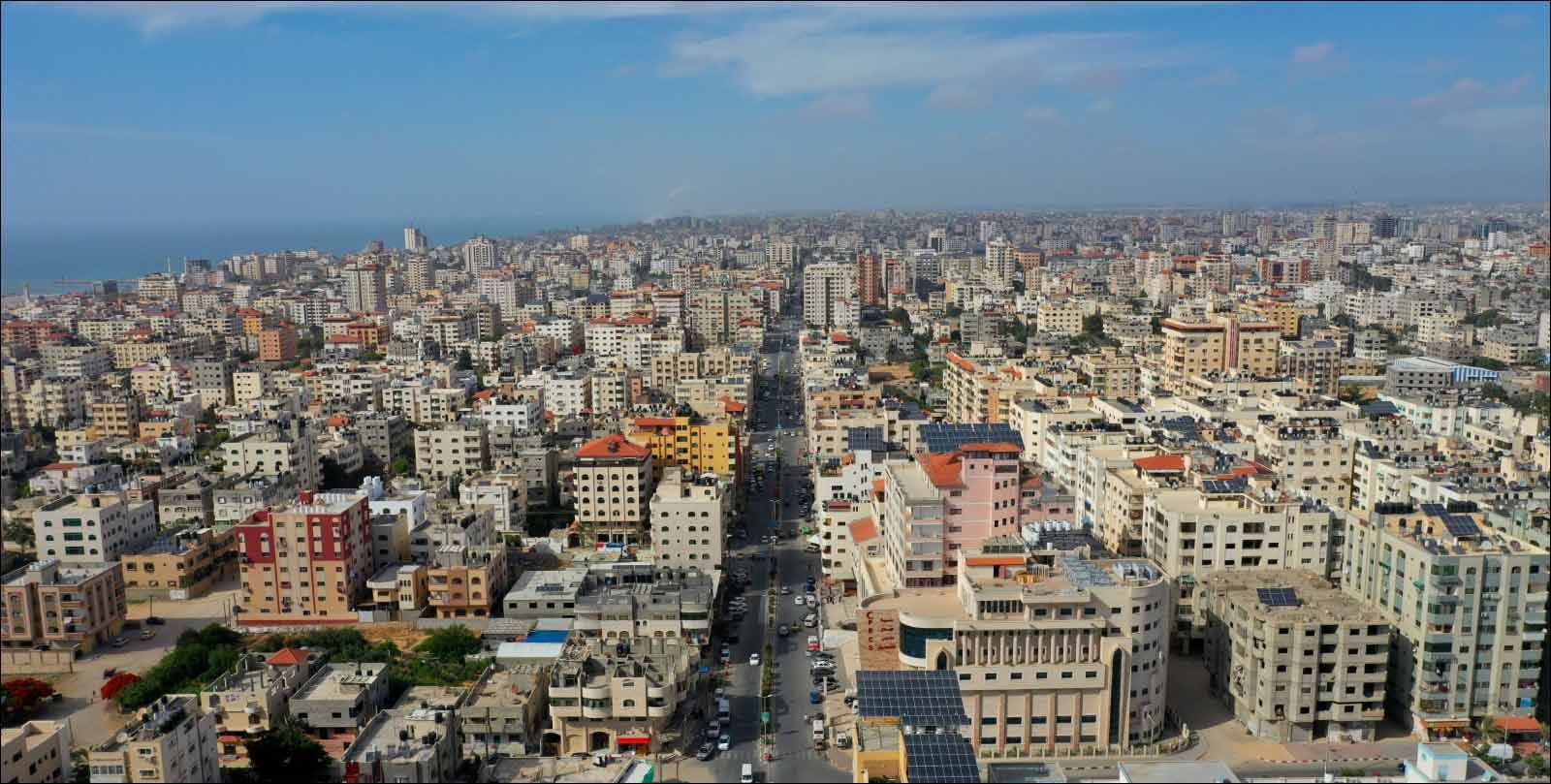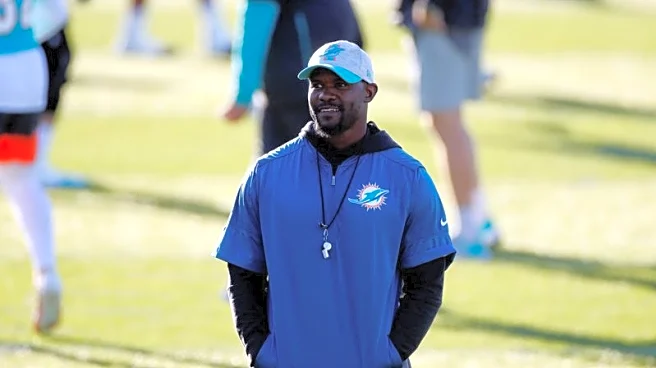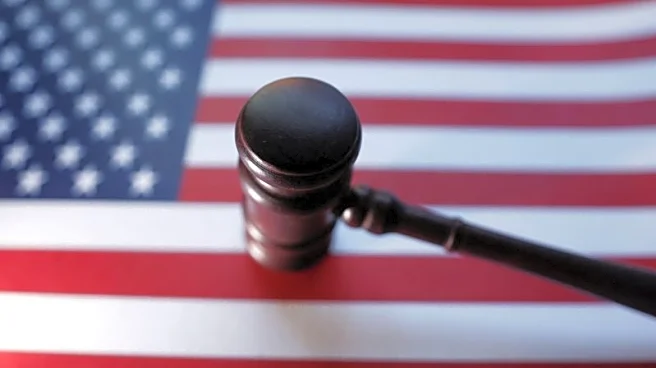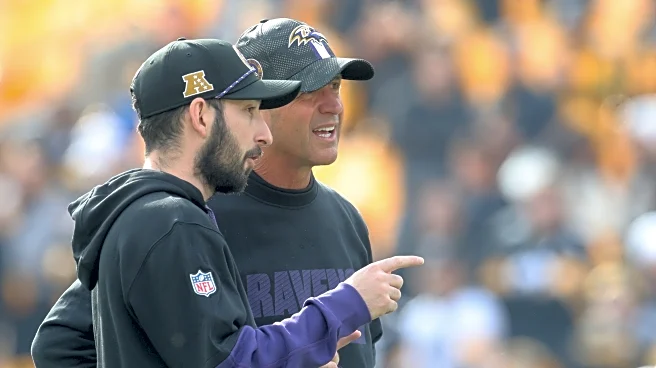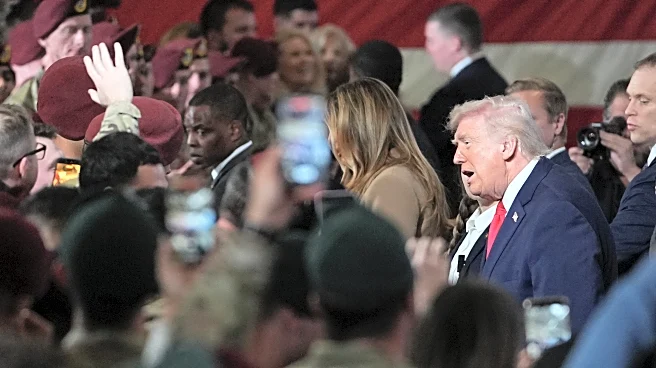By Matt Spetalnick and Steve Holland
WASHINGTON (Reuters) -Donald Trump will host Israeli Prime Minister Benjamin Netanyahu at the White House on Monday, with the U.S. president pushing a Gaza peace proposal after a slew of Western leaders embraced Palestinian statehood in defiance of American and Israeli opposition.
In Netanyahu’s fourth visit since Trump returned to office in January, the right-wing Israeli leader will be looking to shore up his country’s most important relationship as it faces growing
international isolation nearly two years into its war against Hamas in the Gaza Strip.
He can expect a warm welcome compared to the chilly reception he received when he spoke on Friday before the U.N. General Assembly where many delegates walked out in protest.
Netanyahu went on to deliver a blistering attack on what he called a “disgraceful decision” over the past week by Britain, France, Canada, Australia and several other countries to recognize Palestinian statehood, a major diplomatic shift by top U.S. allies.
They said such action was needed to preserve the prospect for a two-state solution to the Israel-Palestinian conflict and help bring the war to a close.
Trump, who had criticized the recognition moves as a prize to Hamas, told Reuters on Sunday he hopes to get Netanyahu’s agreement on a framework to end the war in the Palestinian enclave and free the remaining hostages held by Hamas.
"We’re getting a very good response because Bibi wants to make the deal too," Trump said in a telephone interview, using Netanyahu's nickname. "Everybody wants to make the deal."
He credited leaders of Saudi Arabia, Qatar, UAE, Jordan and Egypt for their assistance and said the deal aims to go beyond Gaza to a broader Middle East peace.
"It's called peace in the Middle East, more than Gaza. Gaza is a part of it. But it's peace in the Middle East," he said.
Asked whether there is now an agreed deal for peace in Gaza, a senior Israeli official said "it's too early to tell." The official added that Netanyahu would give Israel's response to the proposal when he meets Trump on Monday.
Netanyahu is under mounting pressure from the hostages’ families and, according to public opinion polls, a war-weary Israeli public.
A 21-point peace plan had been circulated to a string of Arab and Muslim countries on the U.N. sidelines last week.
It calls for the release of all hostages, living and dead, no further Israeli attacks on Qatar and a new dialogue between Israel and Palestinians for "peaceful coexistence,” a White House official said on condition of anonymity. Israel angered the Qataris and drew criticism from Trump for an airstrike against Hamas leaders in Doha on September 9.
Previous U.S.-backed ceasefire efforts have fallen apart due to a failure to bridge the gap between Israel and Hamas and Netanyahu has vowed to continue fighting until Hamas is completely dismantled.
GAZA WAR TAKES CENTER-STAGE
The White House meeting follows an annual gathering of world leaders in New York in which the Gaza war took center-stage and Israel was often the target. Netanyahu responded that the world leaders recognizing Palestinian independence were sending the message that “murdering Jews pays off.”
The most far-right government in Israeli history has ruled out acceptance of a Palestinian state as it presses on with its fight against Hamas following the militants' October 7, 2023, rampage in Israel. Hamas-led fighters killed some 1,200 people, according to Israeli tallies.
Israel's military response has killed more than 65,000 people in Gaza, according to local health officials, leaving much of the territory in ruins, a humanitarian crisis deepening and hunger spreading.
The International Criminal Court has issued a warrant for Netanyahu for alleged war crimes in the Gaza war. Israel rejects the court's jurisdiction and denies committing war crimes.
While Trump and Netanyahu have mostly been in sync and the U.S. continues to be Israel's main arms supplier, Monday’s discussions have the potential for tensions to surface.
Some of Netanyahu’s hardline ministers have said the government should respond to growing recognition of Palestinian statehood by formally extending Israeli sovereignty over all or parts of the occupied West Bank to snuff out hopes for Palestinian independence.
On Thursday, however, Trump said he would not allow Israel to annex the West Bank, which the Palestinians want for their state, along with Gaza and East Jerusalem.
Analysts say Israeli annexation of the West Bank could unravel the landmark Abraham Accords, a signature foreign policy achievement brokered by Trump’s first administration in which several Arab countries forged diplomatic ties with Israel.
(Reporting By Matt Spetalnick and Steve Holland, writing by Matt Spetalnick, Editing by Humeyra Pamuk and Diane Craft)
